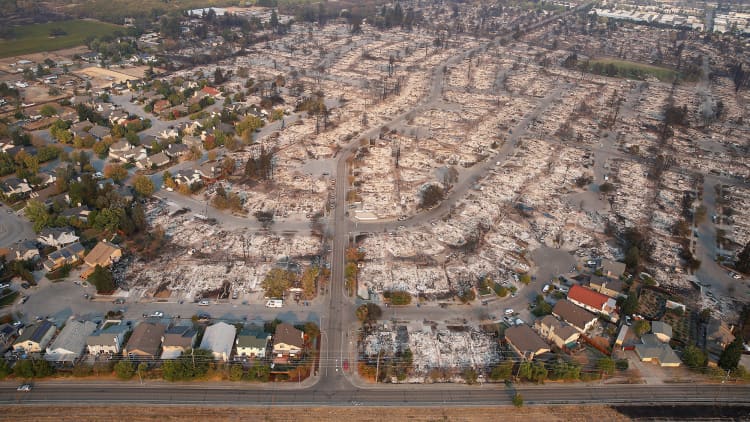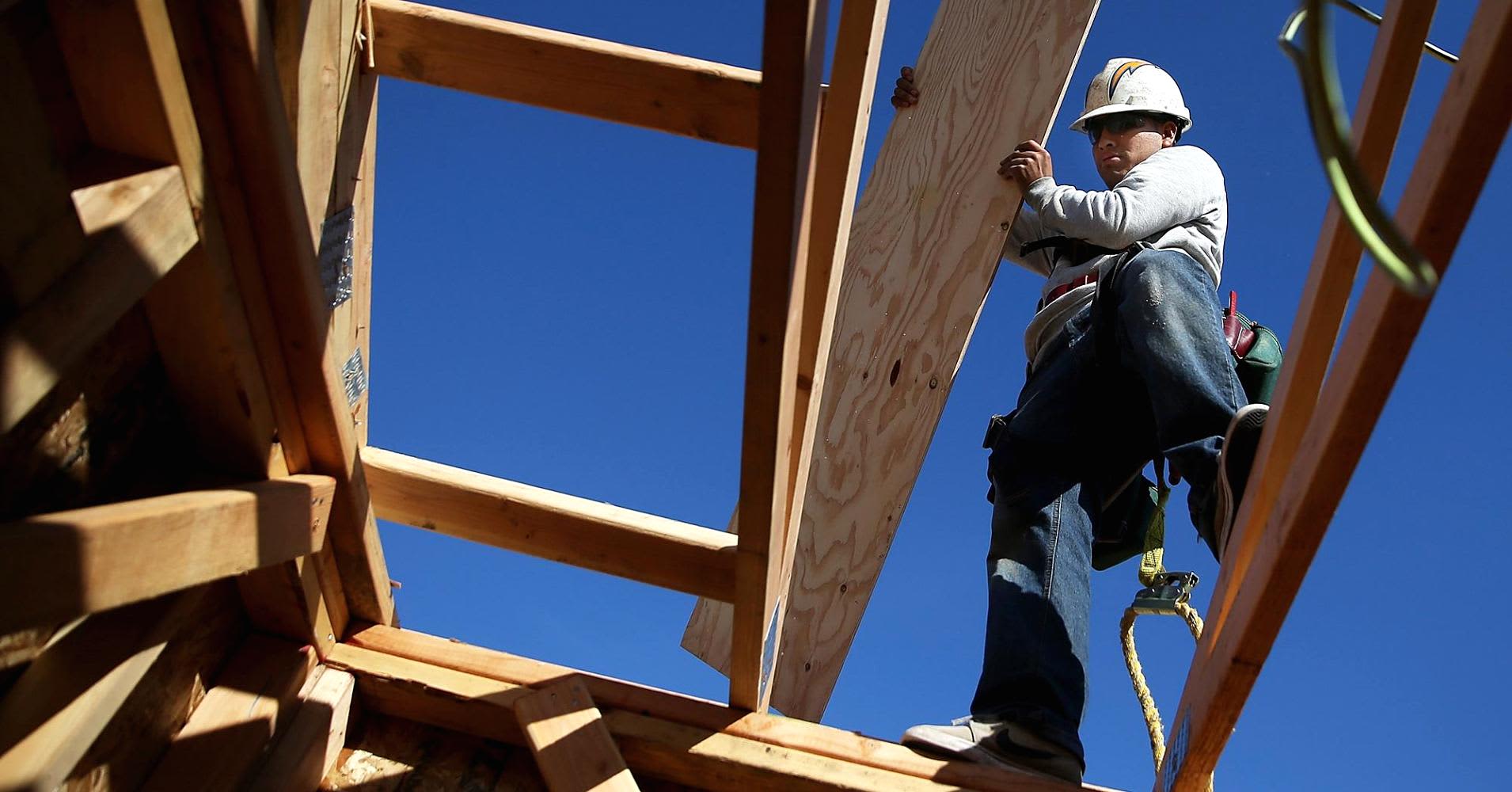
The exact tally is still impossible to calculate, but at least 10,000 homes and other structures have been destroyed by floods, winds and fires in the past three months. Given the acute construction labor shortage that was already at play before these disasters, reconstruction and its repercussions in residential real estate could pose yet another disaster.
"The housing market can't take the shock of a natural event," said Nela Richardson, chief economist at real estate company Redfin. "It can't take any shock because we are so tightly wound with inventory. Any change is a big change, and you'll see that play out across the South."
The inventory of available homes for sale is acutely low across the nation and continues to fall, down 6.5 percent in August annually, according to the National Association of Realtors. As a result, home sales dropped for the past three months, and entry-level buyers are stepping aside. Supply remains leanest at the lowest end of the market.
Housing starts fell to a four-month low in September, well below expectations, according to the U.S. Census. Some of that was due to hurricanes in the South, but starts were down everywhere except the West. Single-family starts hover slightly higher than a year ago but remain 19 percent below their 25-year average.
"We need the supply, there is no question, but whether it's the rising cost of labor, lots, raw materials (lumber prices at a 13-year high) and permitting, the builders just can't deliver enough," wrote Peter Boockvar, chief market analyst at The Lindsey Group in response to the census report.
In Houston, the most active U.S. market for home construction even before Hurricane Harvey, the number of homes destroyed by the storm surpassed the total number of single-family building permits estimated for the city in 2017. The National Association of Home Builders has asked the Trump administration for help.
"A successful guest worker program will help alleviate the current labor shortage in the residential construction sector, quicken the rebuilding efforts in Texas and support the overall economic growth of this nation," wrote NAHB Chairman Granger MacDonald in a September statement.
In California, the devastation from multiple wildfires still cannot be quantified, but it is already beyond imagination. Thousands of homes will have to be rebuilt from the charred ground up. That will take every available worker in the state and beyond.
"All the resources are being drained to the rebuilding effort," Redfin's Richardson said. "That is going to increase the cost of housing and renovation across the nation."
In contrast to the actual construction numbers, homebuilder confidence jumped in October in the NAHB's monthly sentiment index, with builders citing improvements in current sales and sales expectations. Curiously, that follows a drop in sales of newly built homes in August, both monthly and annually.
Even NAHB's MacDonald cautioned his own constituency: "Builders need to be mindful of long-term repercussions from the storms, such as intensified material price increases and labor shortages."
WATCH: Housing starts down 4.7% in September

Correction: An earlier version misstated the number of single-family housing permits in California.


